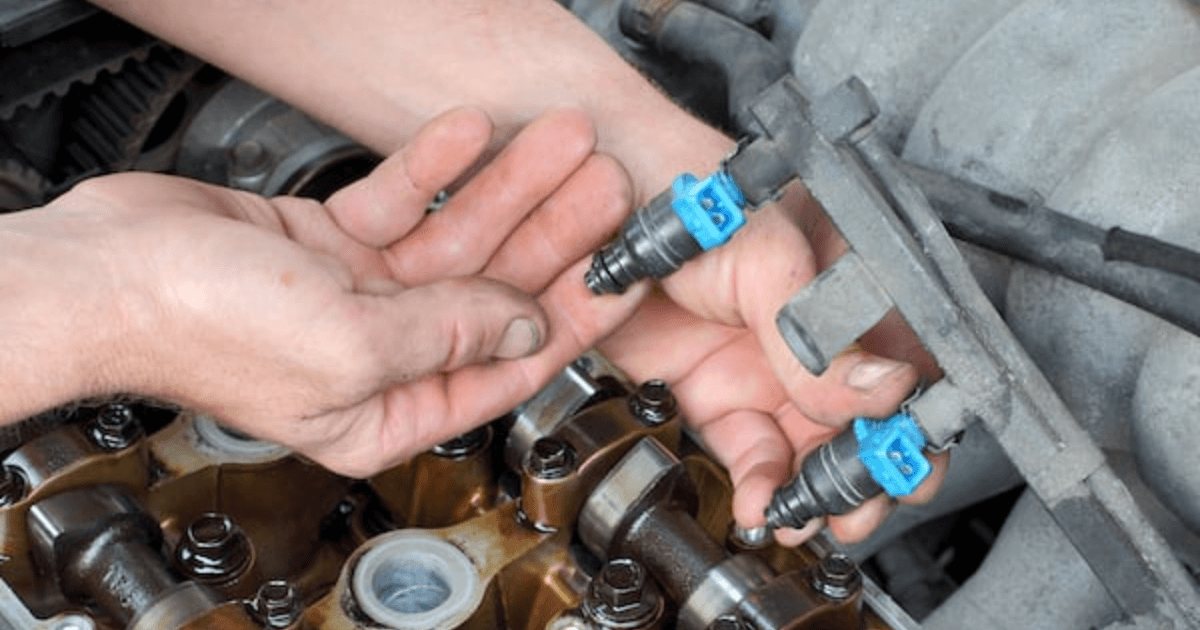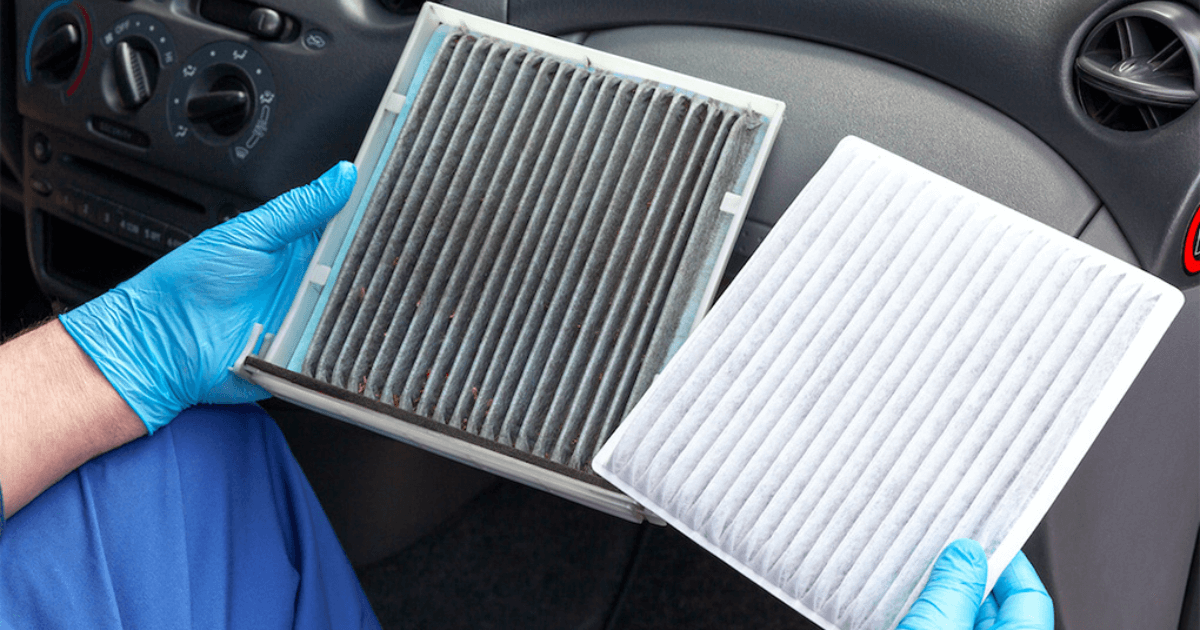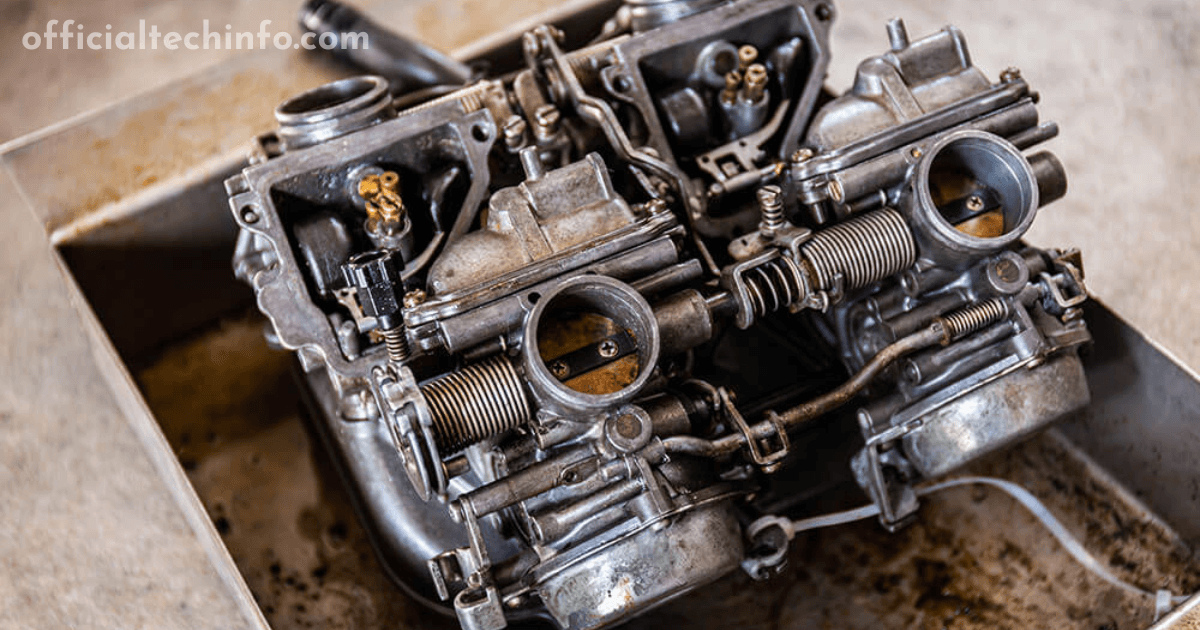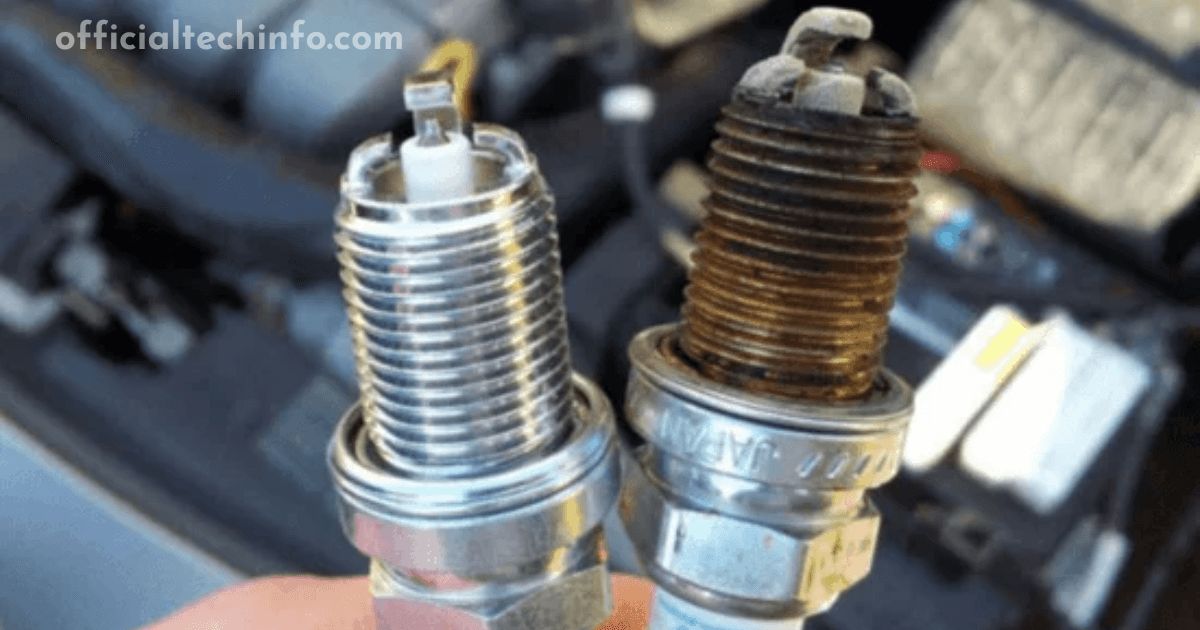Why is my car jerking when I accelerate
You may have experienced the unusual voice of your car jerking when you accelerate. Have you ever had this experience? The problem is common and if it is not solved in time it can be extremely frustrating and dangerous.
This article will discuss the Possible Reasons Why is my car jerking when I accelerate, as well as the methods that can be utilized to recognize the issue and the actions that can be taken to resolve it.
10 Reasons why is my car jerks when i accelerate
There are several possible reasons why your car might jerk when you press down on the accelerator:
Poorly maintained fuel injectors
A dirty fuel injector is one of the most common reasons why an accelerator jerks. Because the injector is dirty, your car loses power when you try to speed up from a stop and when you try to keep the speed steady. The cause of this is an engine misfire.
Fuel Blockages
There could be a blockage that is keeping your car from getting the gas it needs to speed up. The fuel and air mix to make a spray that powers your engine. If something gets in the way of this, your car might have trouble speeding up.
Damaged spark plugs
It’s possible that your spark plugs are worn out and can’t light the fuel in the piston quickly enough. This might make your car not speed up as quickly. Spark plugs are easy to fix and replace, which is good news.
Dirty filters
The air filter is a key part of keeping dirt and other things from getting into your engine. They can, however, build up over time and stop your car from speeding up properly. You can either take the air filters out and clean them before putting them back in, or you can put in new ones.
Broken Cylinders
If the cylinders in your engine are broken, the engine won’t be able to work right, which will cause it to misfire. You should let a mechanic know about this problem so that the cylinders can be fixed or replaced. If you don’t, you could damage the engine very quickly.
Unusable Catalytic Converters
There may be a blockage in your catalytic converter. If the mixture of air and fuel going through your catalytic converter gets too rich, it can get clogged. This often makes the car jerk when the gas pedal is pressed. It might be possible to get rid of it with a good CAT cleaner. If not, you’ll need to get help from a mechanic in Dallas or Fort Worth.
Broken gas lines
Gas lines carry gas all over your engine. But if there is a problem with a gas line, your car could lose pressure, which would make it jerk forward. In the worst situations, a broken fuel line could even start a fire in your engine. Make sure that there are no holes in the fuel line.
Problems with Acceleration Wires
The acceleration cable may be broken. This cable connects your gas cable to the throttle plate on your engine. When you step on the gas pedal, the cable opens the throttle, which lets your car speed up.
Damaged Carburetors
It’s up to the carburetor to decide how much fuel and air are mixed before they go into the engine. Damage to the carburetor will not only make your car jerk when you speed up, but it will also make it run poorly in general.
Problems with Distributor Cap Debris
If it’s snowing outside, the moisture on the distributor cap could cause your car to hesitate and jerk when you try to speed up. If you park your car outside in the winter, this is likely to happen. You can avoid this by parking your car somewhere warmer.
Engine Misfire
An engine misfire is one of the most frequent reasons for jerking when accelerating. The engine will jerk and sputter as a result of this condition, which occurs when the fuel in one or more cylinders fails to ignite properly.
Transmission Issues
It is also possible for jerking to occur during acceleration if there are issues with the transmission, such as low fluid levels or components that have worn out.
Identifying the Problem
If your car is jerking when you accelerate there are a few tips to find out the problem:
- Unusual noises: Listen for any sounds coming from the engine or transmission.
- Vibrations: Whenever you feel vibrations or shaking through the pedals or steering wheel pay attention to them.
- Check engine light: The presence of the check engine light on your dashboard may be an indication that there is a problem with either the engine or the emissions system when it is illuminated.
To determine the nature of the problem you may need to carry out a series of tests or inspections. These may include examining the condition of your spark plugs, examining the fuel system for any obstructions, or using a diagnostic tool to inspect for error codes.
DIY Fixes for Jerking Car Issues
Many do-it-yourself solutions are available, depending on the nature of the issue:
- Checking Spark Plugs: It is important to remove the spark plugs and examine them for any indications of damage or wear. Any plugs that appear to be worn out or that have deposits on them should be replaced.
- Inspecting the Fuel System: It is important to inspect the fuel filter for any blockages or restrictions, and if necessary, replace it. In addition, you can use a fuel system cleaner to clear away any accumulation that may have occurred in the fuel lines or injectors.
- Checking Transmission Fluid: Make sure that the transmission fluid is both full and in good condition by following the maintenance schedule that is provided for your vehicle. If the fluid is dirty or low, it should be flushed and replaced by a qualified maintenance technician.
When to Seek Professional Help
While DIY fixes can resolve many issues, there are some cases where it’s best to leave the repairs to a professional:
- Complex Transmission Problems: If you have any reason to believe that there is a problem with your transmission, it is in your best interest to have it inspected and repaired by a trained mechanic.
- Persistent Check Engine Light: Even if you have attempted to fix the problem yourself, if the check engine light continues to be illuminated, this may be an indication of a more serious underlying problem that requires the attention of a professional.
- Safety Concerns: If you are driving and notice any symptoms that are not typical such as a loss of power or difficulty maintaining control of the vehicle you should immediately pull over to a safe location and have the vehicle inspected by a mechanic.
- Are you worried about finding places for Where Can I Work on My Car? Top Places and Tips are here.
Related Articles
- Why does my car smell like gasoline? Reasons & Solutions.
- How to Jump Start a Car in 9 Easy Steps
- Where Can I Sleep In My Car If I’m Homeless?
Conclusion
- Experiencing jerking when you accelerate can be a frustrating and potentially dangerous problem.
- By understanding the potential causes of this issue and knowing when to seek professional help, you can keep your car running smoothly and safely on the road.
FAQs
How do you fix a car jerking when accelerating?
As a result, you may experience jerking and hesitation due to the Rich Air/Fuel mixture. Troubleshooting an accelerating jerk in a vehicle usually boils down to changing out clogged or worn-out components like spark plugs, oxygen sensors, mass airflow sensors, or throttle position sensors.
Why does my car jerk when I push gas?
When you accelerate, your car might be juddering for several reasons. Possible issues with your vehicle include fuel injector grime, a broken fuel pump, a catalytic converter clog, a mass airflow sensor malfunction, spark plugs that have broken, or even water buildup.
Can I still drive my car if it’s jerking?
Because of the diminished stopping power that results from these problems, accidents are more likely to occur. You can probably keep driving a jerking car if it happens rarely or infrequently, but if it happens more often and with more force while you’re staying at a constant speed, it might be a sign of more serious problems.
How much does it cost to fix a jerking car?
The amount of damage and the source of the problem will determine the repair cost. Transmission repairs are among the more expensive issues, whereas simple fixes like spark plug replacement or fuel system cleaning may not cost much.
Can driving with a jerking car cause further damage?
Driving with a jerking car can exacerbate underlying issues, potentially leading to more extensive damage to the engine or transmission. It’s important to address the problem promptly to avoid further complications.
Is it safe to continue driving my car if it’s jerking?
Continuing to drive a jerking car can be unsafe, especially if the issue is related to the engine or transmission. If you notice any unusual symptoms while driving, it’s best to pull over to a safe location and have the car inspected by a professional.
How long does it take to diagnose and repair a jerking car?
The time required to diagnose and repair a jerking car will depend on the underlying cause of the problem and the availability of replacement parts. Simple fixes may only take a few hours, while more complex issues could take several days to resolve.




